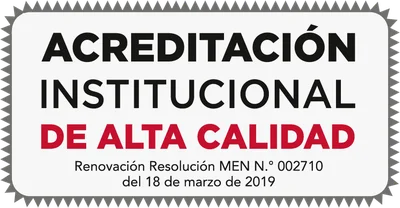Machining of Hard Materials [electronic resource] /
edited by J. Paulo Davim.
- XII, 211p. 181 illus., 8 illus. in color. online resource.
1. Machining of Hard Materials - Definition and Industrial Applications -- 2. Advanced Cutting Tools -- 3. Mechanics of Cutting and Chip Formation -- 4. Surface Integrity -- 5. Finite Element Modelling and Simulation -- 6. Computational Methods and Optimization.
Hard machining is a relatively recent technology that can be defined as a machining operation, using tools with geometrically defined cutting edges, of a work piece that has hardness values typically in the 45-70HRc range. This operation always presents the challenge of selecting a cutting tool insert that facilitates high-precision machining of the component, but it presents several advantages when compared with the traditional methodology based in finish grinding operations after heat treatment of work pieces. Machining of Hard Materials aims to provide the reader with the fundamentals and recent advances in the field of hard machining of materials.All the chapters are written by international experts in this important field of research. They cover topics such as: ó advanced cutting tools for the machining of hard materials; ó the mechanics of cutting and chip formation; ó surface integrity; ó modelling and simulation; and ó computational methods and optimization.Machining of Hard Materials can serve as a useful reference for academics, manufacturing and materials researchers, manufacturing and mechanical engineers, and professionals in machining and related industries. It can also be used as a text for advanced undergraduate or postgraduate students studying mechanical engineering, manufacturing, or materials.
9781849964500 99781849964500
Engineering.
MATERIALS
Engineering.
CONTINUUM MECHANICS AND MECHANICS OF MATERIALS
OPERATIONG PROCEDERES, MATERIALS TREATMENT
TRIBOLOGY, CORROSION AND COATINGS
CHEMISTRY, INORGANIC
MACHINERY AND MACHINE ELEMENTS
MANUFACTURINMG, MACHINES, TOOLS
MACHINERY
STRUCTURAL CONTROL (ENGINEERING)
670 / 223
1. Machining of Hard Materials - Definition and Industrial Applications -- 2. Advanced Cutting Tools -- 3. Mechanics of Cutting and Chip Formation -- 4. Surface Integrity -- 5. Finite Element Modelling and Simulation -- 6. Computational Methods and Optimization.
Hard machining is a relatively recent technology that can be defined as a machining operation, using tools with geometrically defined cutting edges, of a work piece that has hardness values typically in the 45-70HRc range. This operation always presents the challenge of selecting a cutting tool insert that facilitates high-precision machining of the component, but it presents several advantages when compared with the traditional methodology based in finish grinding operations after heat treatment of work pieces. Machining of Hard Materials aims to provide the reader with the fundamentals and recent advances in the field of hard machining of materials.All the chapters are written by international experts in this important field of research. They cover topics such as: ó advanced cutting tools for the machining of hard materials; ó the mechanics of cutting and chip formation; ó surface integrity; ó modelling and simulation; and ó computational methods and optimization.Machining of Hard Materials can serve as a useful reference for academics, manufacturing and materials researchers, manufacturing and mechanical engineers, and professionals in machining and related industries. It can also be used as a text for advanced undergraduate or postgraduate students studying mechanical engineering, manufacturing, or materials.
9781849964500 99781849964500
Engineering.
MATERIALS
Engineering.
CONTINUUM MECHANICS AND MECHANICS OF MATERIALS
OPERATIONG PROCEDERES, MATERIALS TREATMENT
TRIBOLOGY, CORROSION AND COATINGS
CHEMISTRY, INORGANIC
MACHINERY AND MACHINE ELEMENTS
MANUFACTURINMG, MACHINES, TOOLS
MACHINERY
STRUCTURAL CONTROL (ENGINEERING)
670 / 223





